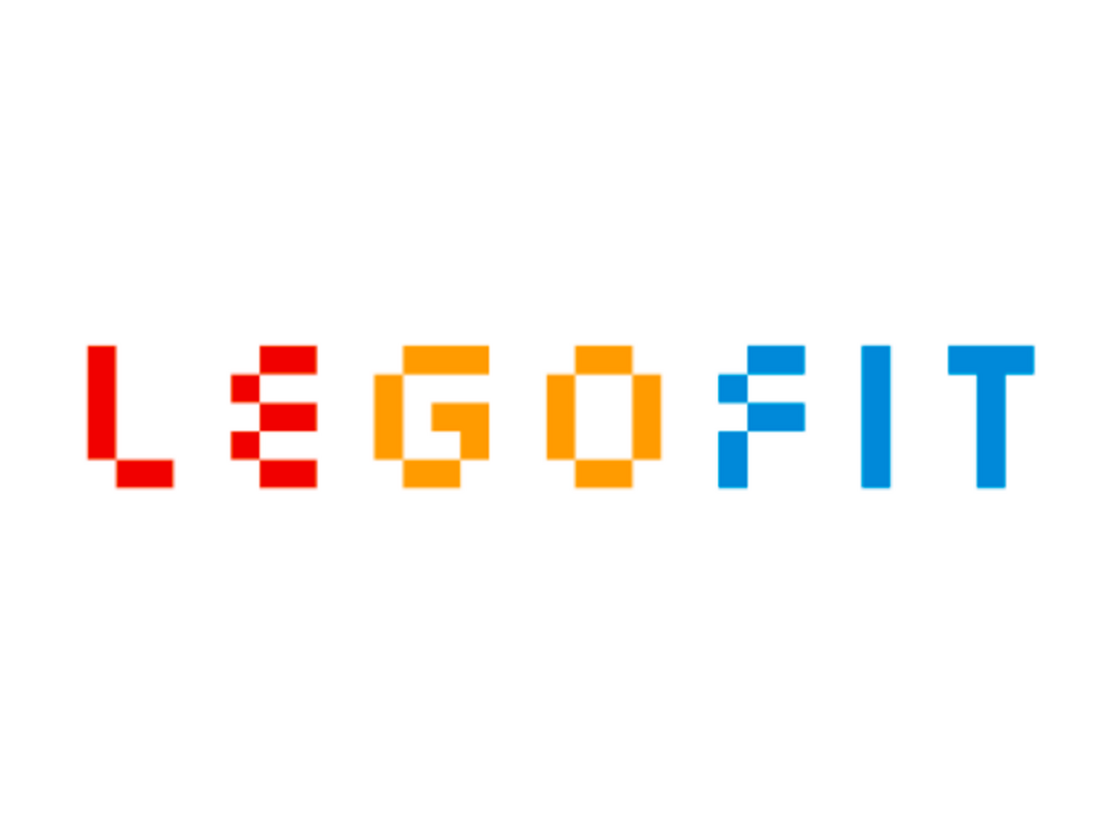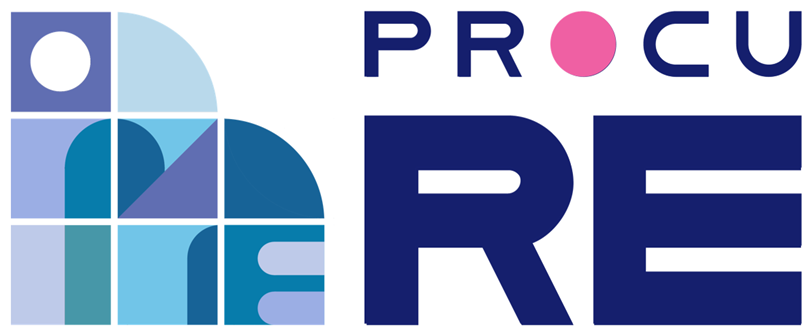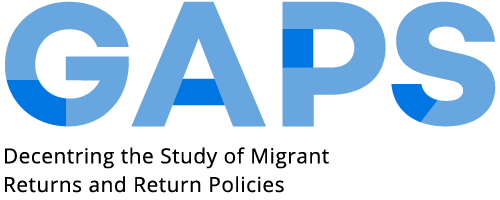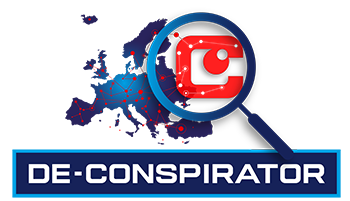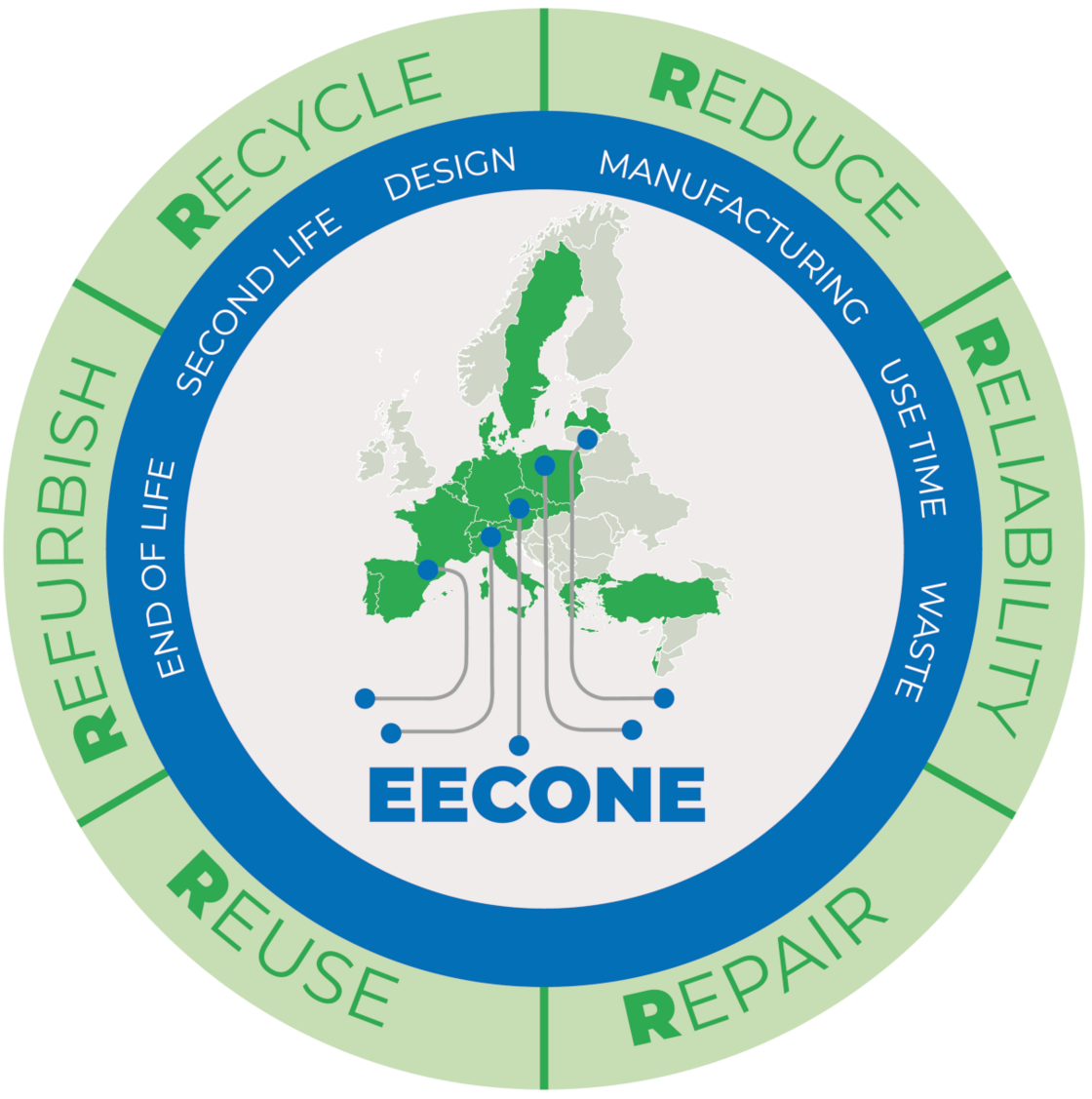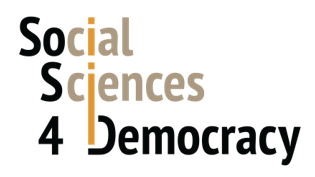Özyeğin University - OzU (Turkey)
Özyeğin University (OzU), founded in 2007, in Istanbul, Turkey as a non-profit foundation university, positions itself to be one of the most innovative and research-oriented universities in Turkey.
OzU has ranked in the top 10 in the Entrepreneurial and Innovative University Index, prepared in the leadership of the Scientific and Technological Research Council of Turkey (TUBITAK) since 2012. In the Times Higher Education (THE) Impact Rankings 2022, OzU is ranked in the top 400 universities and named one of the top six foundation universities in Turkey.
There are six Faculties (Faculty of Engineering, Faculty of Social Sciences, Faculty of Law, Faculty of Business, Faculty of Aviation and Aeronautical Science and Faculty of Architecture and Design), three Graduate Schools (Graduate School of Engineering, Graduate School of Business and Graduate School of Social Sciences), two Schools (School of Applied Sciences and School of Languages) and eight Research Centers hosting 8016 undergraduate, 730 graduate and 220 doctorate students and 502 academic and 359 administrative staff in OzU. In 2012, to contribute to the leading research university role of OzU, Technology Transfer Office was established to support researchers about national and international grants applications, promote, and contribute university-industry collaborations, and to manage all Intellectual and Industrial Property Rights (IPR). Additionally, OzU has launched the first business acceleration program, Start-up Factory, to create, guide, and develop high potential and sustainable entrepreneurs.
As of November 2022, OzU’s research portfolio has reached to 226 million TL with 771 projects. This budget mainly comes from the EU and TÜBİTAK (The Scientific and Technological Research Council of Turkey) funds, and the rest from industrial partnerships and other funding institutions. Since 2013, OzU has 314 pending national and international patent applications; 168 of which have been filled with industry and other universities. OzU’s IP portfolio currently contains 195 registered patents.
Özyeğin University NEWS
DISSEMINATED PROJECTS:
LEGOFIT is a Horizon Europe project focused on creating Energy Positive Homes (EPH) by developing scalable and replicable solutions for construction and renovation. The project aims to:
- Develop a holistic design platform that integrates passive and active technologies using Building Information Modelling (BIM) for seamless information exchange and system interoperability.
- Combine passive strategies (like building envelopes) and active systems (e.g., HVAC) with smart technologies (such as BAS and BMS) to achieve climate-neutral, high-energy performance buildings that offer maximum user flexibility.
- Explore innovative ways to minimize environmental impacts by efficiently using solid and liquid residues generated during the building's lifecycle.
- Promote a sustainable building stock by ensuring buildings meet economic, social, and environmental criteria, while enhancing their smart readiness.
procuRE tackles the common challenge of achieving 100% Renewable Energy Supply (RES) in existing stock. The Buyers Group compromises six cities operating a stock of 21,000 buildings. Procurers invest €7.68 million in R&D services to develop innovative solutions. The pre-commercial procurement has three phases. The current phase focuses on research and open market consultation with suppliers to develop the request for tender.
The return policies implemented by the EU do not provide effective links between return and asylum policies and they lack policy harmonization among member states. Moreover, these policies overlook the perspectives, experiences, and concerns of migrants, leading to discrepancies between the priorities of return policies and the interests of all parties involved in migration processes.
GAPs aims to decentre the dominant, one-sided understanding of ‘return policymaking’ by bringing multiple perspectives into play and studying the complex interaction of diverse actors (including migrants themselves) involved in the return processes; scrutinizing gaps and shortcomings in the governance of returns, with both its internal and external dimensions; and devoting specific attention to the study of practices.
OppAttune is a Horizon-Europe funded project involving 17 partners across Europe and beyond which aims to develop an innovative Attunement Model which will track, attune, and limit the spread of extreme political narratives.
The focus of the project is not on discourse which incites violence or engages in hate speech. Rather, on the spread of extreme narratives through seemingly ‘common sense’ discussions about polarising issues which create an ‘everyday extremism’.
Everyday extremism is the gradual inclusion of extreme narratives, sentiments, and attitudes into the conversations of political actors and the general public, which then become normalised and acceptable.
The world’s political scene is changing quickly, and with it, the kinds of threats and challenges. One such challenge is the intentional spread of false information and manipulation by foreign actors, known as Foreign Information Manipulation and Interference (FIMI). FIMI represent the ever-evolving strategic and coordinated efforts by foreign actors to twist the truth and sow fear, confusion, and division, ultimately aiming to achieve their own political and economic goals by undermining the credibility of democratic institutions.
Two key perpetrators are mentioned most often among these foreign actors: Russia and China. Both countries use FIMI as a modern warfare tool to intentionally manipulate public conversations to promote their agenda, encouraging division and polarisation within European societies and beyond.
With 2024 marking a pivotal year for democratic processes – where nearly two billion people worldwide will participate in various elections, including the European Parliament elections in June – FIMI poses a major threat to liberal democracies that rely on the free and open flow of information.
Against this backdrop, January 2024 marks the official kick-off of a groundbreaking research project called DE-CONSPIRATOR, with the purpose of examining the sophisticated information suppression tactics employed by foreign actors, notably Russia and China, within the European Union (EU) and its partner countries (PCs).
The EECONE project aims to reduce electronic waste (e-waste) across Europe by promoting circularity in the electronics industry. Involving 48 entities from 16 European countries, EECONE addresses the challenges posed by complex supply chains and competing interests within the electronics sector. The project focuses on extending product lifetimes, reducing harmful materials, and enhancing recycling and reuse practices.
EECONE follows the "6R concept" (Reduce, Reliability, Repair, Reuse, Refurbish, Recycle) and aims to embed end-of-life management into the early stages of electronic product development. Its four main goals include defining clear ecodesign tools, creating innovative green electronic solutions, showcasing these solutions, and building an ecosystem to support sustainable electronics in Europe, positioning the region as a global leader in environmentally responsible electronics.
Electronics and electronic devices play a critical role in the majority of technologies, impacting various sectors and fields. Therefore, studying them, as well as electric components, systems, or their interaction with software, is essential for driving revolutionary advancements. The MSCA-funded CRYSTALLINE project aims to cultivate the future leaders in electronic-based system (EBS) research. Collaborating with three Austrian universities, the project seeks to develop a comprehensive EBS research portfolio. This portfolio will span from electronic components to devices using micro- and nanoelectronics, extending to designs at the system or system-of-systems level. The project aims to provide participants with access to international academic and industrial networks, contributing to the advancement of their careers, perspectives, and experiences.
The increasing prevalence of illiberalism, often accompanied by anti-European rhetoric, presents a significant threat to the EU. While most of the related research has focused on Poland and Hungary, it has overlooked the emergence of illiberal tendencies in Slovenia, Bosnia and Herzegovina, Turkey, and Italy. The EU-funded SOS4democracy project seeks to establish an alliance aimed at developing effective training programmes for studying the recent surge of authoritarian practices in south-eastern Europe and beyond. This project will create a training-through-research initiative for researchers, journalists, and activists to examine the impact of illiberal policies. The academic sector will provide training in research methods and practical skills, news media organisations will focus on media-related topics, and NGOs will cover civic monitoring mechanisms, advocacy, and technology usage.

